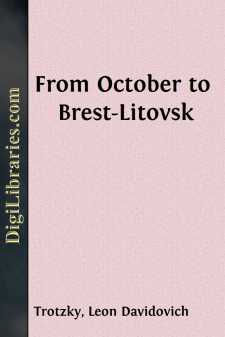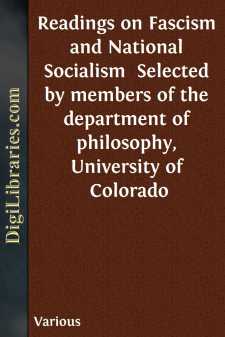Categories
- Antiques & Collectibles 13
- Architecture 36
- Art 48
- Bibles 22
- Biography & Autobiography 816
- Body, Mind & Spirit 145
- Business & Economics 28
- Children's Books 18
- Children's Fiction 14
- Computers 4
- Cooking 94
- Crafts & Hobbies 4
- Drama 346
- Education 58
- Family & Relationships 59
- Fiction 11831
- Foreign Language Study 3
- Games 19
- Gardening 17
- Health & Fitness 34
- History 1378
- House & Home 1
- Humor 147
- Juvenile Fiction 1873
- Juvenile Nonfiction 202
- Language Arts & Disciplines 89
- Law 16
- Literary Collections 686
- Literary Criticism 179
- Mathematics 13
- Medical 41
- Music 40
- Nature 179
- Non-Classifiable 1768
- Performing Arts 7
- Periodicals 1453
- Philosophy 66
- Photography 2
- Poetry 897
- Political Science 203
- Psychology 45
- Reference 154
- Religion 516
- Science 126
- Self-Help 86
- Social Science 82
- Sports & Recreation 34
- Study Aids 3
- Technology & Engineering 59
- Transportation 23
- Travel 463
- True Crime 29
Our website is made possible by displaying online advertisements to our visitors.
Please consider supporting us by disabling your ad blocker.
From October to Brest-Litovsk
Categories:
Description:
Excerpt
Events move so quickly at this time, that it is hard to set them down from memory even in chronological sequence. Neither newspapers nor documents are at our disposal. And vet the repeated interruptions in the Brest-Litovsk negotiations create a suspense which, under present circumstances, is no longer bearable. I shall endeavor, therefore, to recall the course and the landmarks of the October revolution, reserving the right to complete and correct this exposition subsequently in the light of documents.
What characterized our party almost from the very first period of the revolution, was the conviction that it would ultimately come into power through the logic of events. I do not refer to the theorists of the party, who, many years before the revolution—even before the revolution of 1905—as a result of their analysis of class relations in Russia, came to the conclusion that the triumphant development of the revolution must inevitably transfer the power to the proletariat, supported by the vast masses of the poorest peasants. The chief basis of this prognosis was the insignificance of the Russian bourgeois democracy and the concentrated character of Russian industrialism—which makes of the Russian proletariat a factor of tremendous social importance. The insignificance of bourgeois democracy is but the complement of the power and significance of the proletariat. It is true, the war has deceived many on this point, and, first of all, the leading groups of bourgeois democracy themselves. The war has assigned a decisive role in the events of the revolution to the army. The old army meant the peasantry. Had the revolution developed more normally—that is, under peaceful circumstances, as it had in 1912—the proletariat would always have held a dominant position, while the peasant masses would gradually have been taken in tow by the proletariat and drawn into the whirlpool of the revolution.
But the war produced an altogether different succession of events. The army welded the peasants together, not by a political, but by a military tie. Before the peasant masses could be drawn together by revolutionary demands and ideas, they were already organized in regimental staffs, divisions and army corps. The representatives of petty bourgeois democracy, scattered through this army and playing a leading role in it, both in a military and in a conceptual way, were almost completely permeated with middle-class revolutionary tendencies. The deep social discontent in the masses became more acute and was bound to manifest itself, particularly because of the military shipwreck of Czarism. The proletariat, as represented in its advanced ranks, began, as soon as the revolution developed, to revive the 1905 tradition and called upon the masses of the people to organize in the form of representative bodies—soviets, consisting of deputies. The army was called upon to send its representatives to the revolutionary organizations before its political conscience caught up in any way with the rapid course of the revolution. Whom could the soldiers send as deputies? Eventually, those representatives of the intellectuals and semi-intellectuals who chanced to be among them and who possessed the least bit of knowledge of political affairs and could make this knowledge articulate. In this way, the petty bourgeois intellectuals were at once and of necessity raised to great prominence in the awakening army. Doctors, engineers, lawyers, journalists and volunteers, who under pre-bellum conditions led a rather retired life and made no claim to any importance, suddenly found themselves representative of whole corps and armies and felt that they were "leaders" of the revolution....





